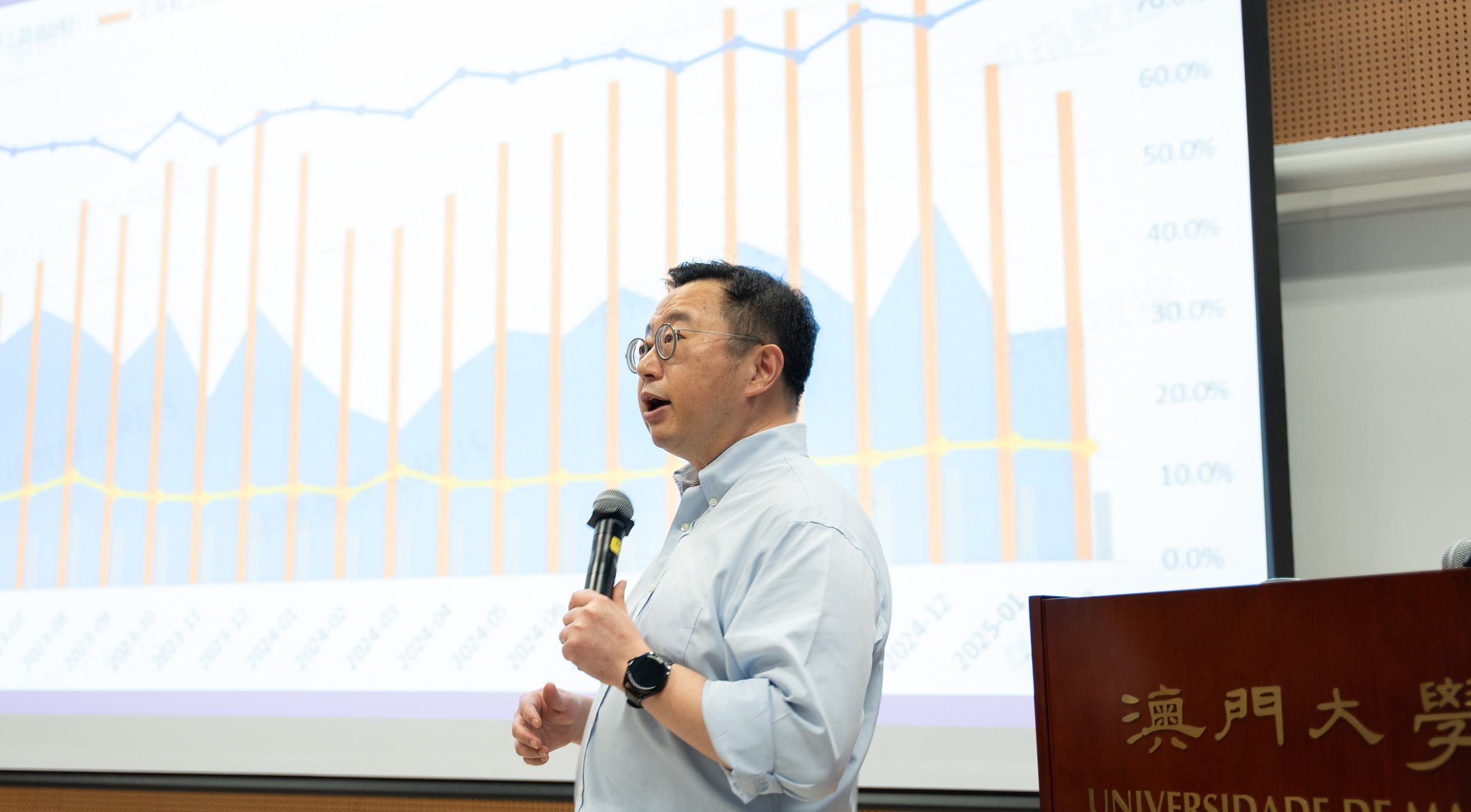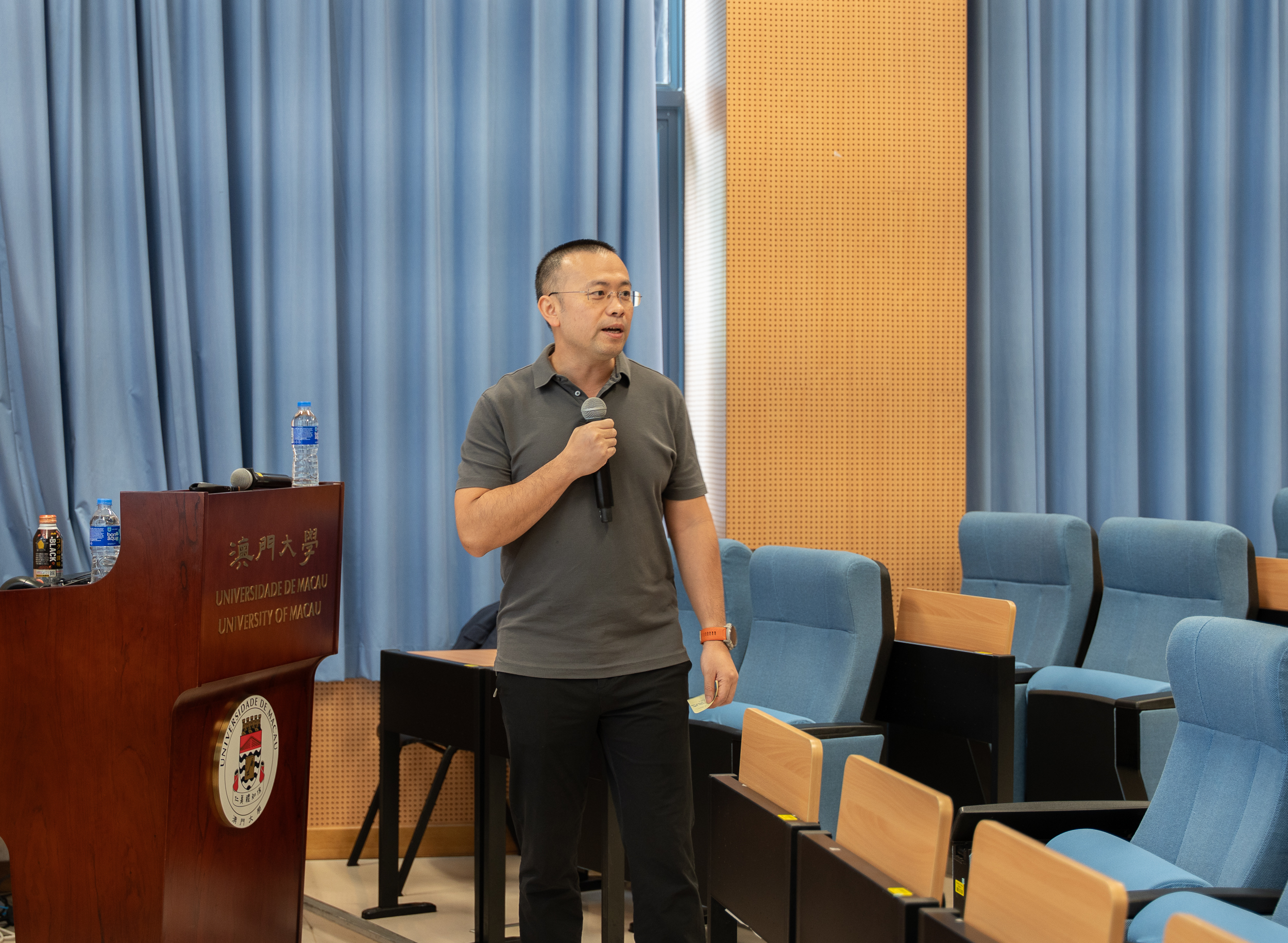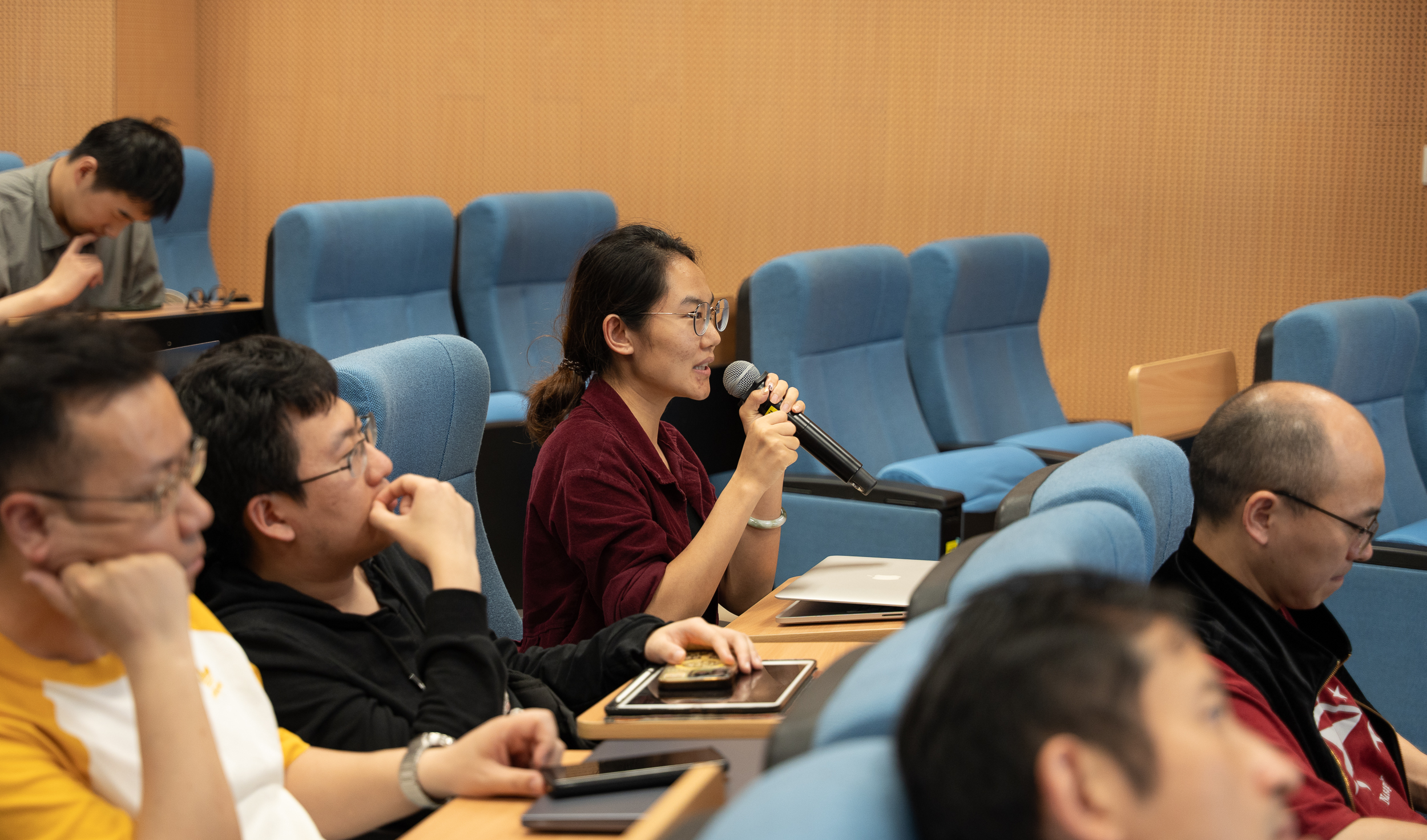Against the backdrop of financialization, economic down turns, and labor instability, debt has been mounting across all sectors in mainland China. Prof. Lu Zheng, associate professor of Sociology from the Tsinghua University shared his recent study on the issue of household debt in this Computational Social Science Workshop. Drawn from the theory of Beck and Wiedemann, Prof. Zheng proposed a theoretical framework of social risk reallocation. Utilized multiple data sources, his study revealed trends, composition, distribution household debt across social groups, and the social and psychological consequences of indebtedness. The survey of past-due debtors also indicated that the causes of indebtedness included economic vulnerabilities, such as income reduction, unemployment, etc., and the consequences of indebtedness are further complicated by factors such as familism, social networks, debt collection practices, and the broader financial ecosystem. The talk concluded with a discussion of the possible policy implications. This workshop provided a new perspective to understand China’s household debt issues and laid a foundation for future study.
Prof. Lu Zheng is an associate professor of Sociology of the Tsinghua University. His current research projects focus on financialization, the digital society, and social governance in China. He has published over 50 academic papers in journals such as the British Journal of Sociology, Social Forces, Social Science Research, China Quarterly and Strategic Management Journal. His books include Data You Need to Know About China: Research Report of the China Household Finance Survey (2014, Springer) and Social Network Analysis: Methods and Examples (2017, SAGE Publications).






